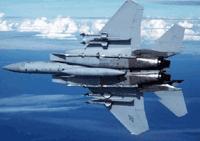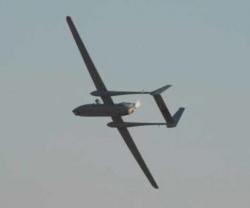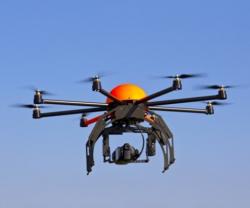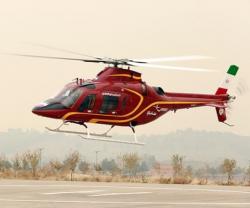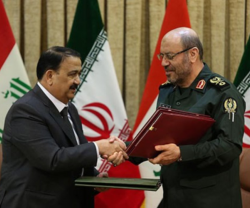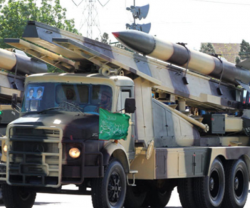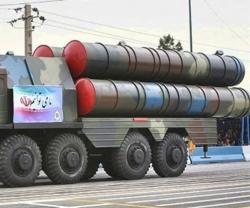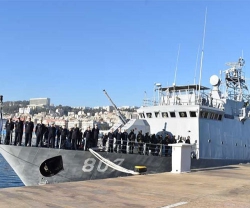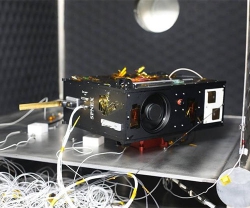Fears of a threat from Iran are driving Gulf nations to spend billions on new arms, but that investment can't protect the region unless there is closer military cooperation, say analysts.
Saudi Arabia, the United Arab Emirates and other states that make up the Gulf Cooperation Council (GCC) are expected to spend as much as $100 billion over the next few years buying F-15 Eagles, F/A-18 Hornet, and Lockheed Martin's THAAD missile defense systems.Last month, the United States unveiled plans to sell Saudi Arabia up to $60 billion in aircraft, helicopters and other arms, a record deal in US arms exports.
The United Arab Emirates are also expected to spend as much as $17 billion in coming years to buy an advanced missile defense system and fighter planes.
"The procurements we're seeing are being focused particularly on air and missile defense, on naval capabilities," said Mark Thomas, Deputy Director of the Qatar Office of the UK-based Royal United Services Institute.
"Iran massively outnumbers Gulf states in terms of manpower and missiles and the best way to address that is through the acquisition of high technology," he said. "The problem is there is a lack of coordination and collaboration between these states, there isn't a GCC military alliance akin to NATO."
Along with the US military, the world's top oil exporters have always had a vested interest in protecting the flow of oil.
Gulf states need to consider the safety of their citizens and up-and-coming financial hubs in Dubai, Abu Dhabi and Doha that have attracted billions in foreign investment.
They are increasingly nervous about a retaliatory attack by Iran if it faces military action by Israel or Western states over its nuclear program.
Between 2002 and 2009, GCC states have made arms deals worth nearly $66.9 billion. But analysts say spending alone isn't the answer, and note that past efforts to forge a collective security framework were mostly futile.
Talk of coordination is not new. The region failed to develop a long-sought regional early warning network to detect the Gulf's most feared weapons: ballistic and cruise missiles.
US military officials have argued that such a system, which could be built by American contractors, could serve as the nucleus for regional military cooperation. But Gulf military chiefs have not been enthusiastic about setting up a system that would have so much US involvement and require so much cooperation with each other.
"Many countries either don't have money or don't want to relinquish national control... and think (one) country will dominate the system because it has paid for it," said Mustafa Alani, a Senior Advisor and Program Director at the Gulf Research Centre (GRC), adding that the richer countries would end up bearing much of the cost for building the system.
In 1986 the GCC created a 9,000-strong Peninsula Shield force that was based in Saudi Arabia. It took part in the 1991 Gulf war and was deployed in Kuwait during the US-led invasion of Iraq in 2003.
The council's military chiefs decided in 2008 to restructure the force by more than doubling its troops, but ended its presence in Saudi Arabia. Today, the unit is not a serious factor in maintaining regional stability.
"It's not functional," said Theodore Karasik, Director of Research and Development at the Institute for Near East and Gulf Military Analysis. "They scrapped it in a semi-quiet way because of the militaries' inability to function together."
source: Reuters

